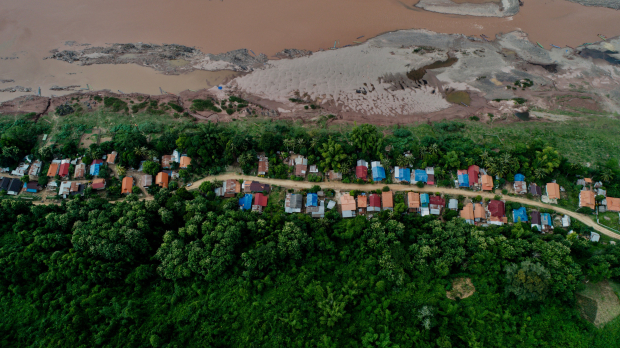Special Report: Overcoming threats to the Mekong's forests and people
Discussion details

Big changes are underway in forests of the Mekong region in Southeast Asia. Countries are cracking down on illegal logging, increasing community control over forests, and opening up decision-making processes, making them more inclusive. These changes could have profound effects both in the Mekong countries and globally. But there are also many challenges, and some are deeply entrenched. This special report covers some of the progress, problems and promising solutions.
From the dense mangroves that fringe coastlines and estuaries to the tree-covered highland slopes, the forests of the Mekong region are rich in biodiversity and immeasurably valuable to society. But they are increasingly under threat.
The region includes Cambodia, Lao PDR, Myanmar, Thailand and Viet Nam, and is home to about 300 million people, including many from vulnerable minority ethnic groups. Forests are central to the cultures and economies of these countries and people. They provide food, medicines, income, timber, and other resources. They regulate local weather and water supplies, and every year they draw vast amounts of carbon out of the atmosphere.
But between 1990 and 2015, forest cover fell by 5.1 percent across the region. Since then, however, the rate of decline has fallen in Cambodia, Myanmar and Thailand while in Lao PDR and Viet Nam forest cover has been increasing. This increase is due more to the growth of commercial tree plantations than the spread of natural forests. Overall, forests still cover about half the land in the Mekong region.
What happens to these forests in the coming years will have profound effects on the ecology, economies, health and climate, both locally and globally. For the Mekong region, then forest governance is increasingly important.
Voices for Mekong Forests (V4MF) is an EU-funded project that aims to strengthen the participation of non-state actors in forest landscape governance across the Mekong region. RECOFTC leads the project in partnership with WWF-Greater Mekong, the East West Management Institute-Open Development Initiative, Nature Economy and People Connected, the NGO Forum on Cambodia, the Lao Biodiversity Association, the Myanmar Environment Rehabilitation-conservation Network, Raks Thai Foundation, and People and Nature Reconciliation.
Log in with your EU Login account to post or comment on the platform.